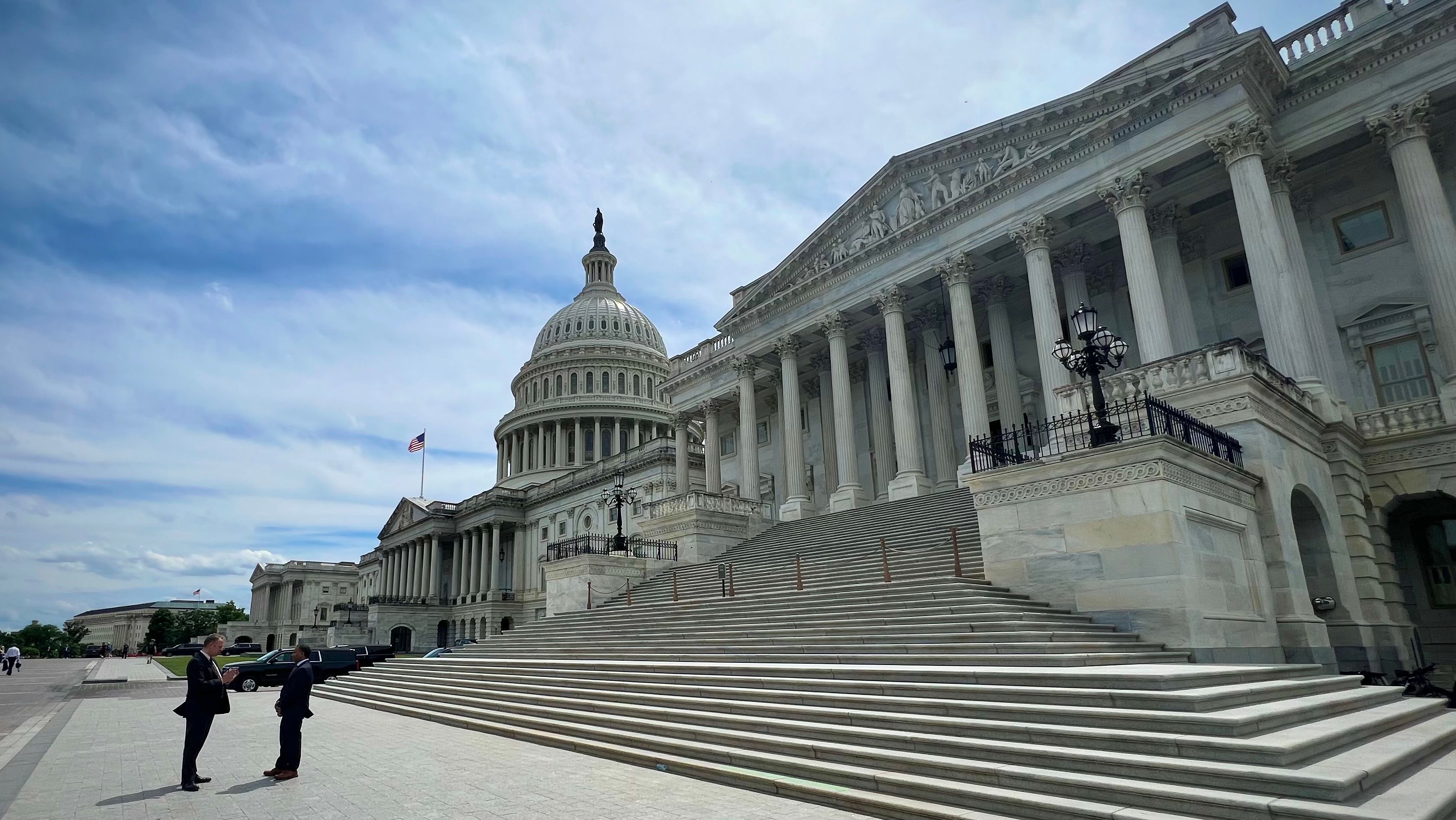
U.S. Senate Advances Groundbreaking Stablecoin Legislation as House Moves Forward with Market Structure Reforms
The U.S. Senate took significant steps toward finalizing its inaugural crypto regulation bill while the House of Representatives pushes onward with essential market structure reforms.
The U.S. Senate has passed a pivotal vote of 68-30 regarding the GENIUS Act, which aims to regulate U.S. stablecoin issuers. This signifies a promising pathway toward the first major crypto legislation approval, presenting a substantial win for the crypto sector historically hindered by Senate inaction in past sessions.
Key Points:
- The Senate’s approval is a considerable step, ensuring the bill’s eventual passage now appears almost assured.
- The House of Representatives has advanced a separate but crucial crypto market structure proposal, clearing necessary committees as well.
The GENIUS Act seeks to establish a regulatory environment for stablecoins in the U.S., enabling both state and federal oversight and allowing non-financial corporations the chance to issue their tokens (a point of contention among regulators).
Senator Hagerty, who sponsors this legislation, highlighted its potential in strengthening the dollar’s status as the global reserve currency. In contrast, Senator Warren has expressed serious concerns about the bill’s ability to protect the financial system from instability.
As both chambers grapple with these legislative measures, the future of crypto oversight in the U.S. remains pivotal. The House is now tasked with determining how to proceed in conjunction with the GENIUS Act, culminating in comprehensive legislation that may soon reach the President’s desk for approval.


